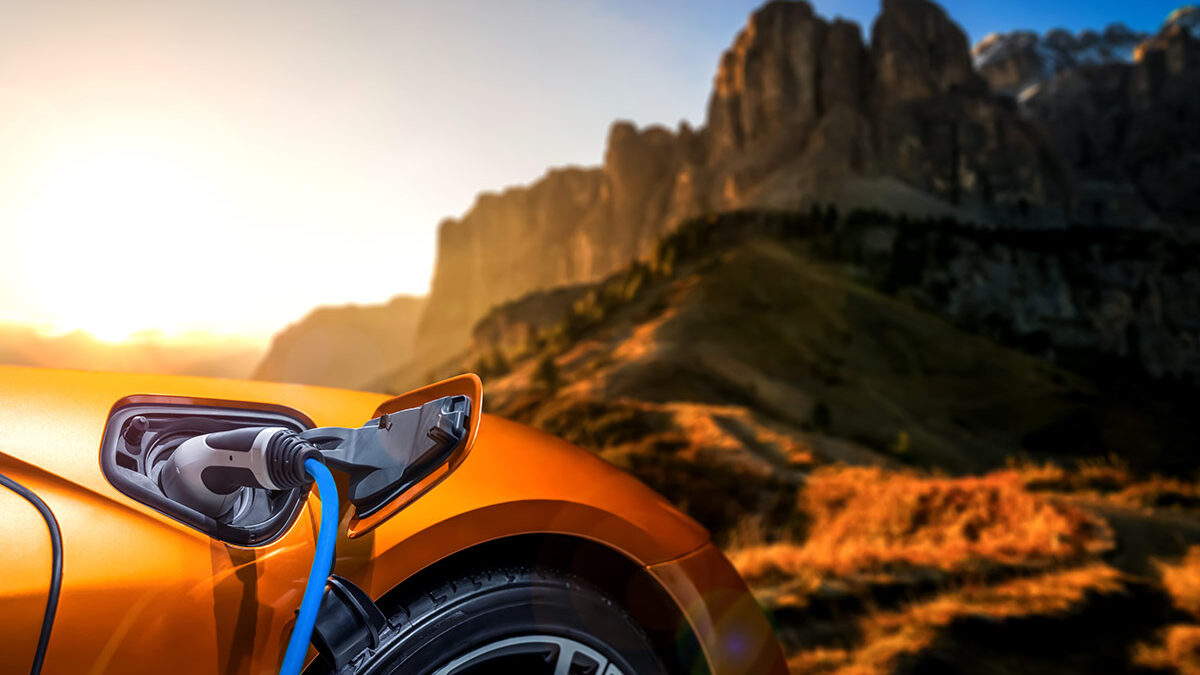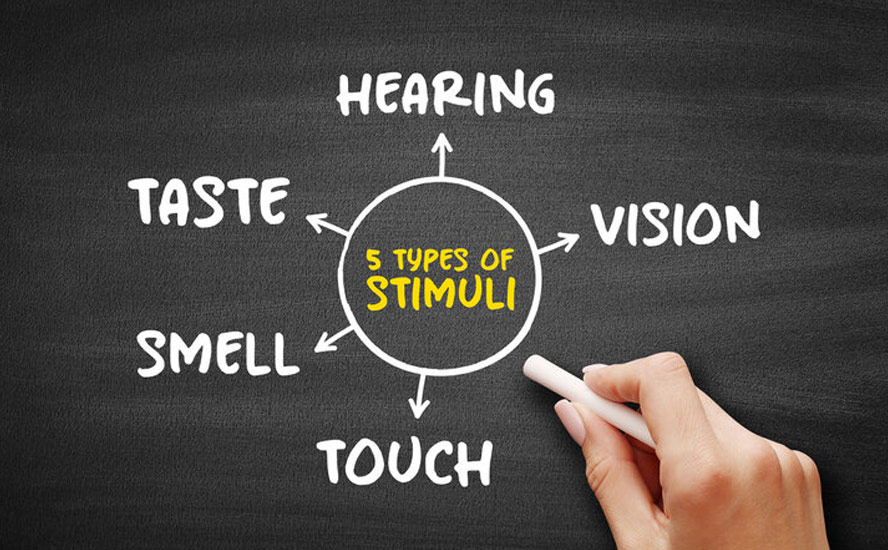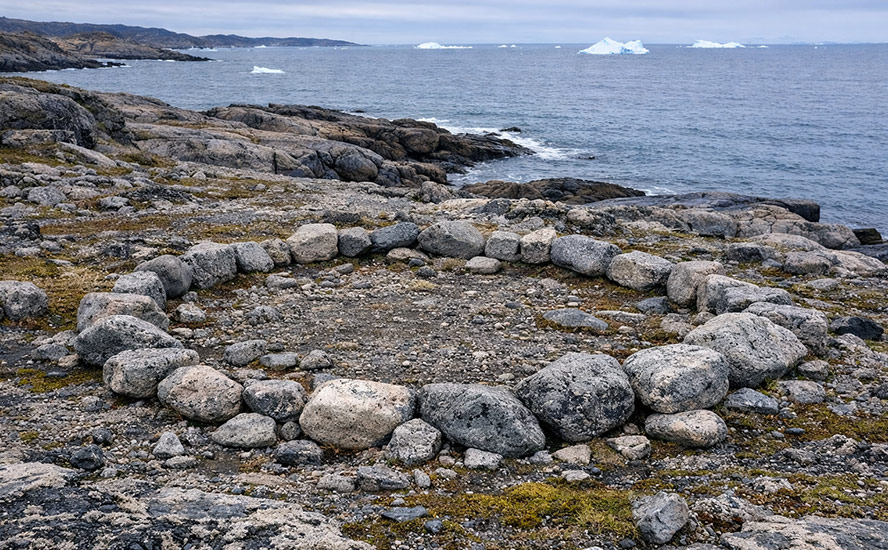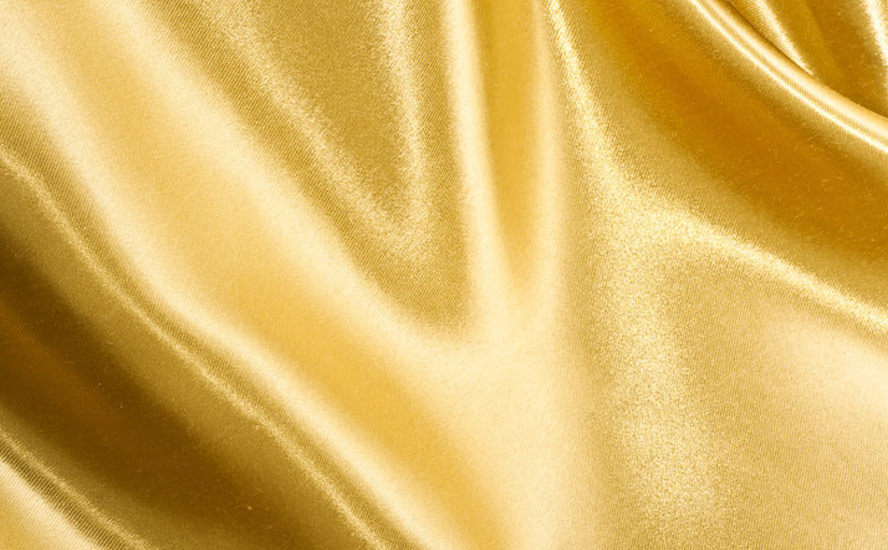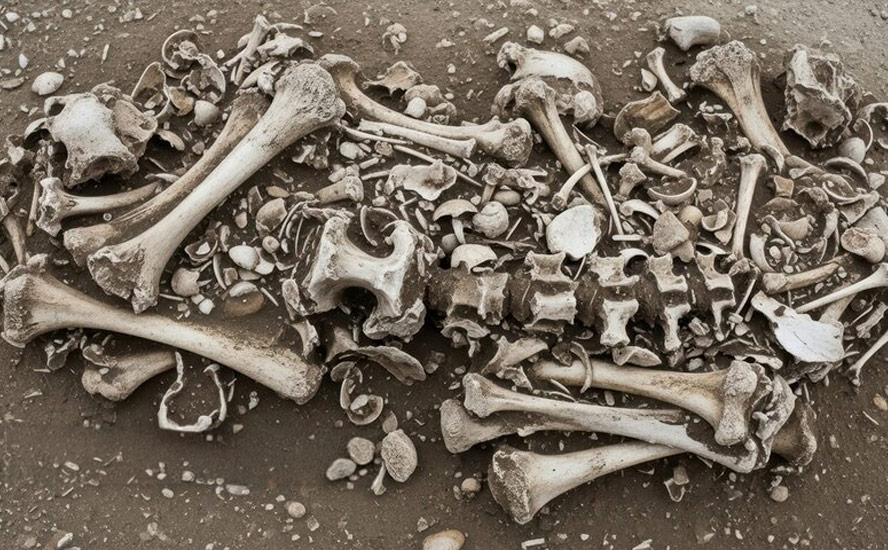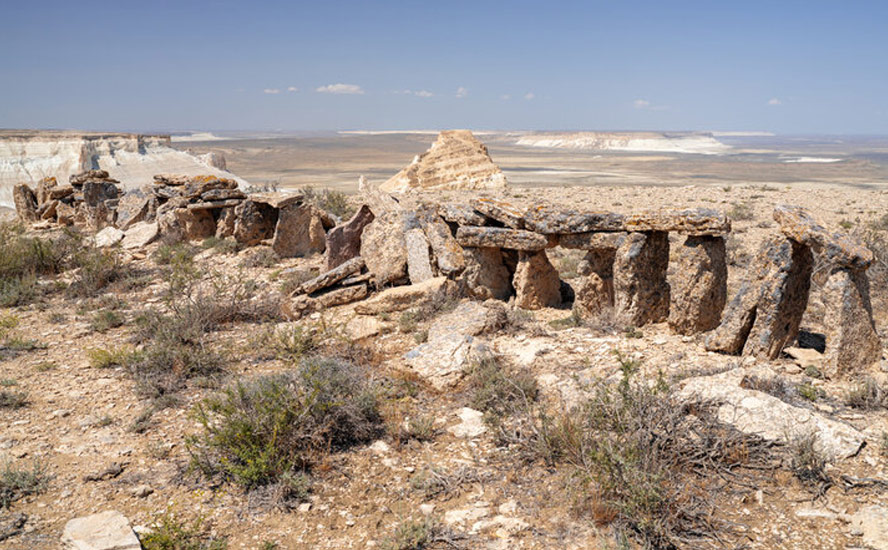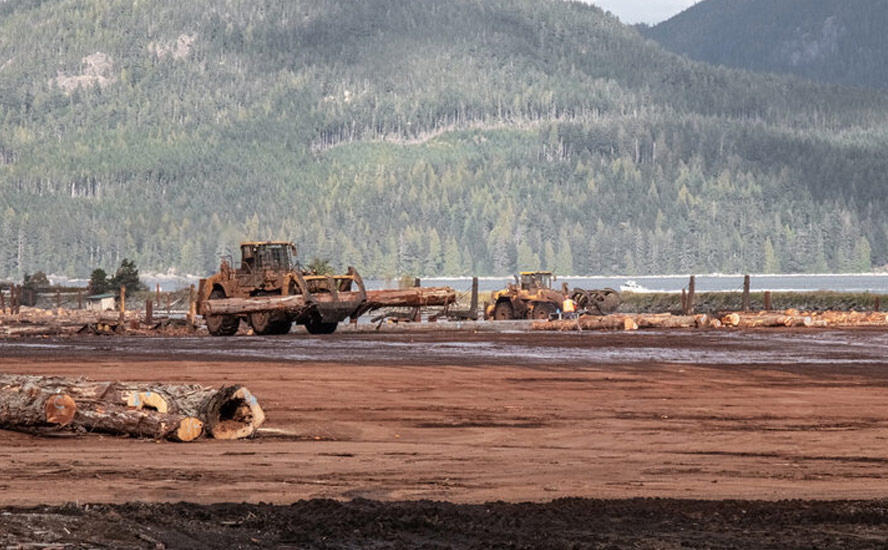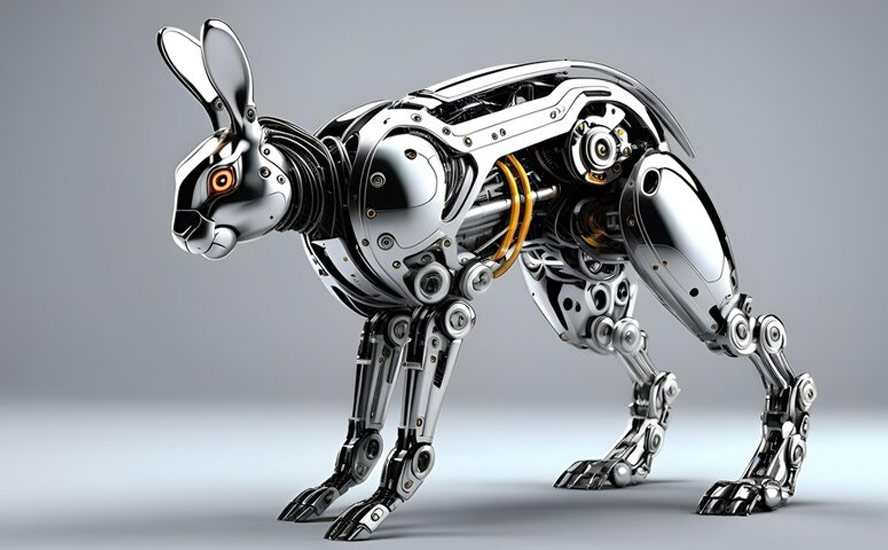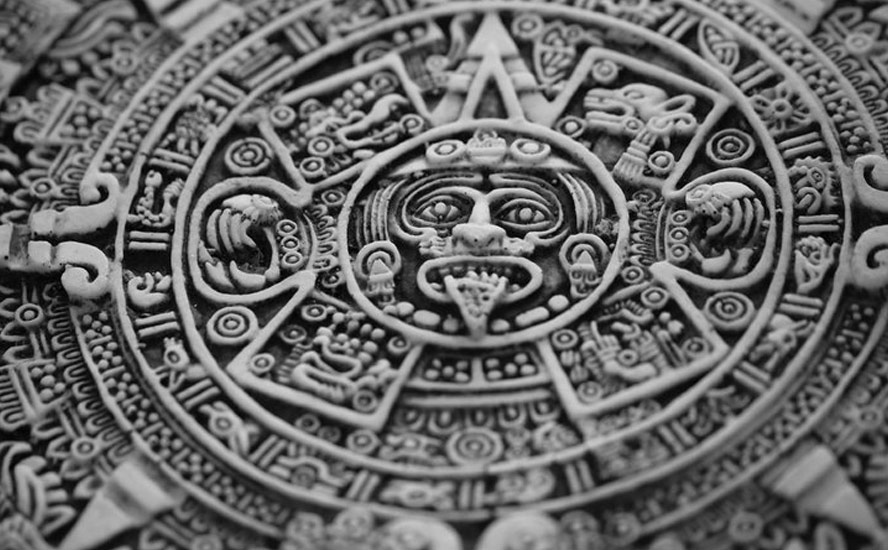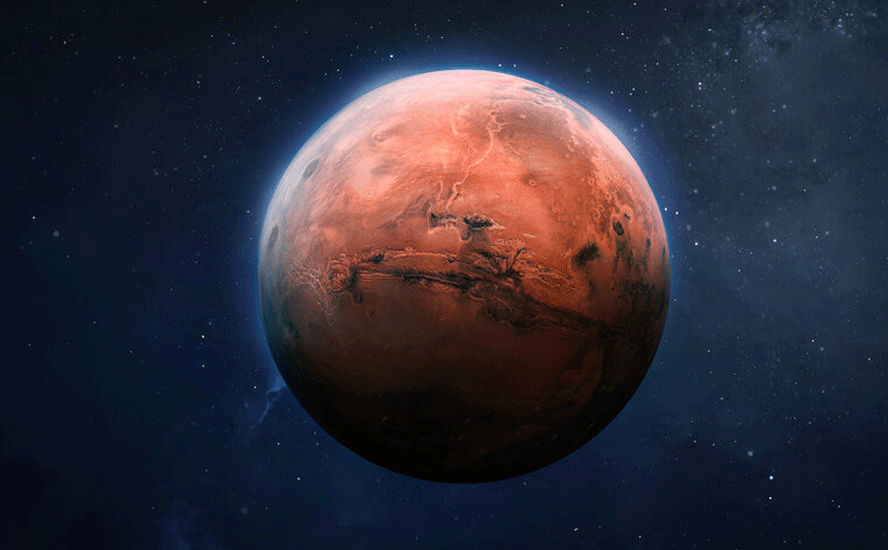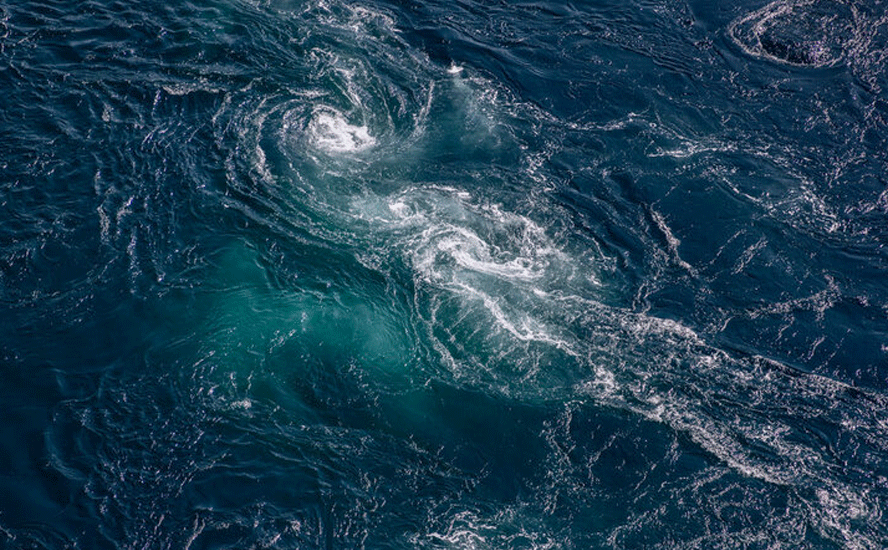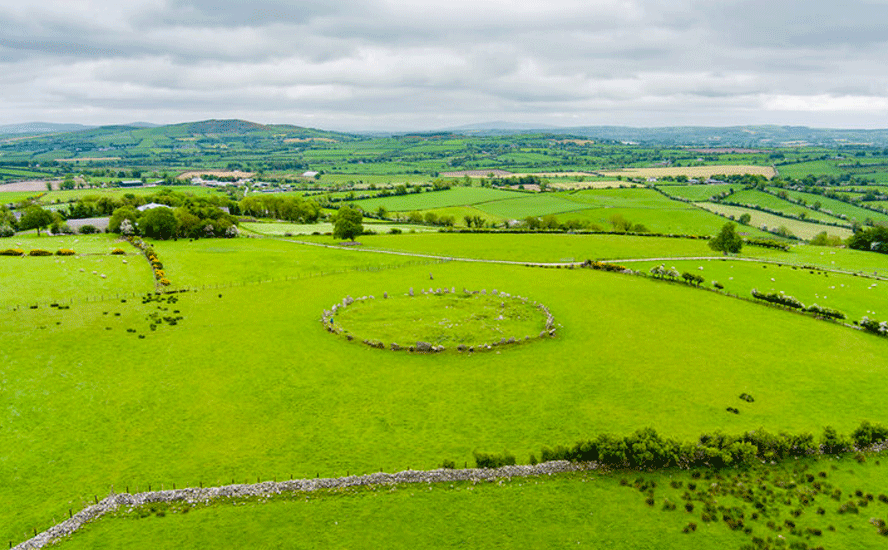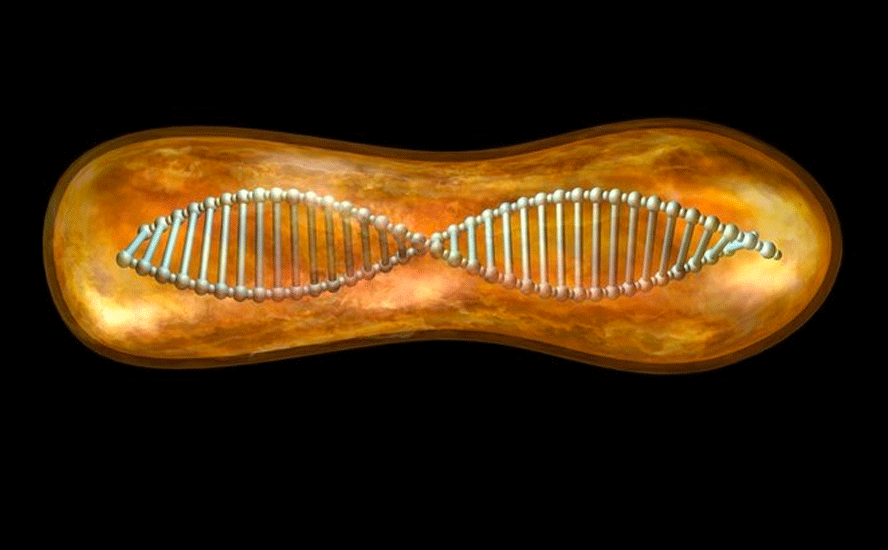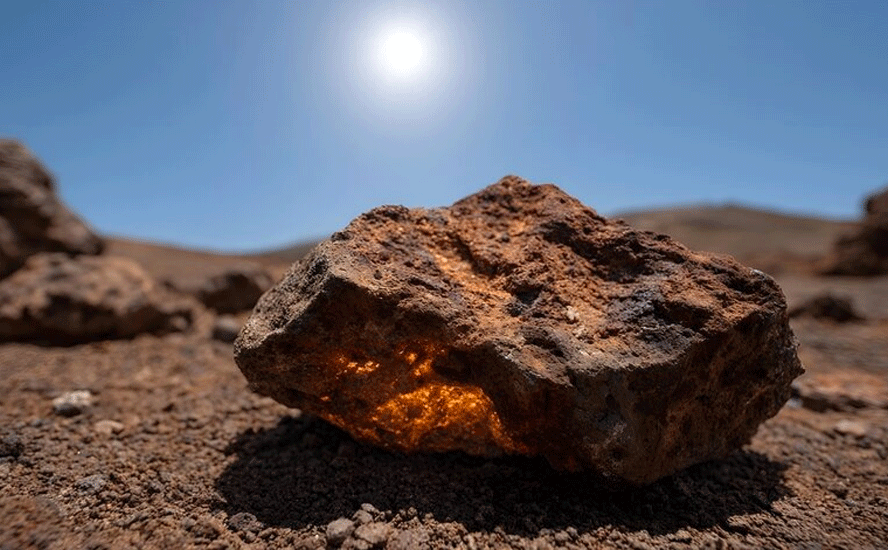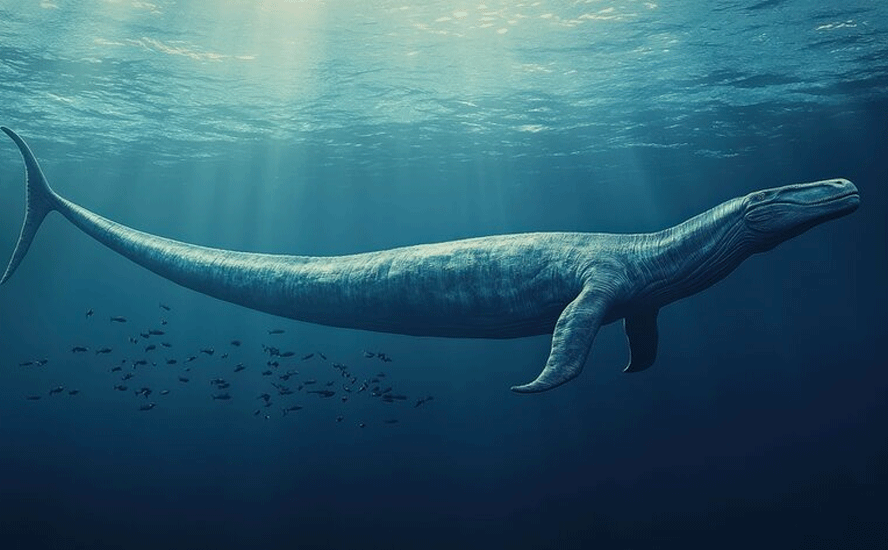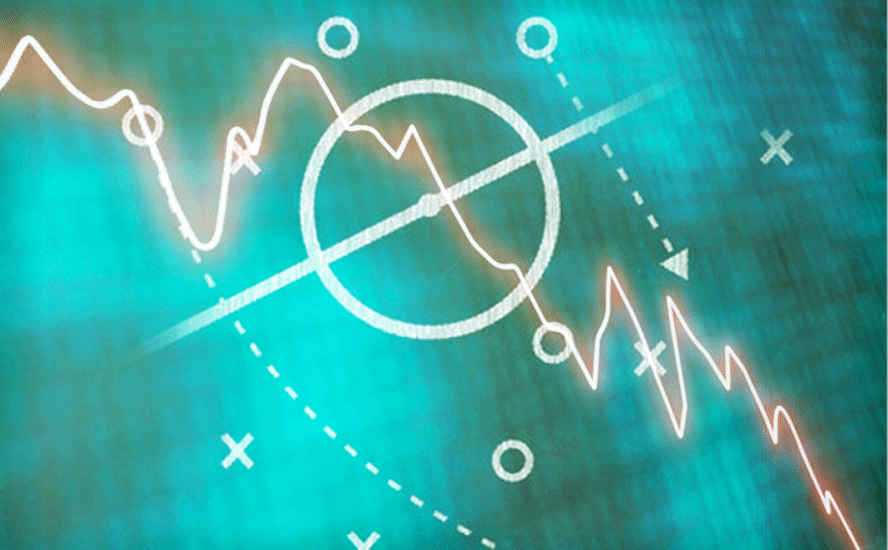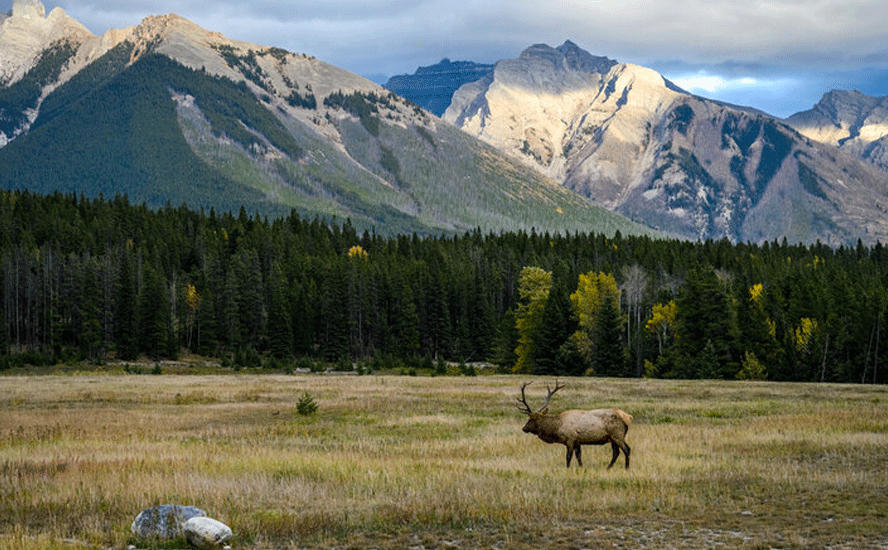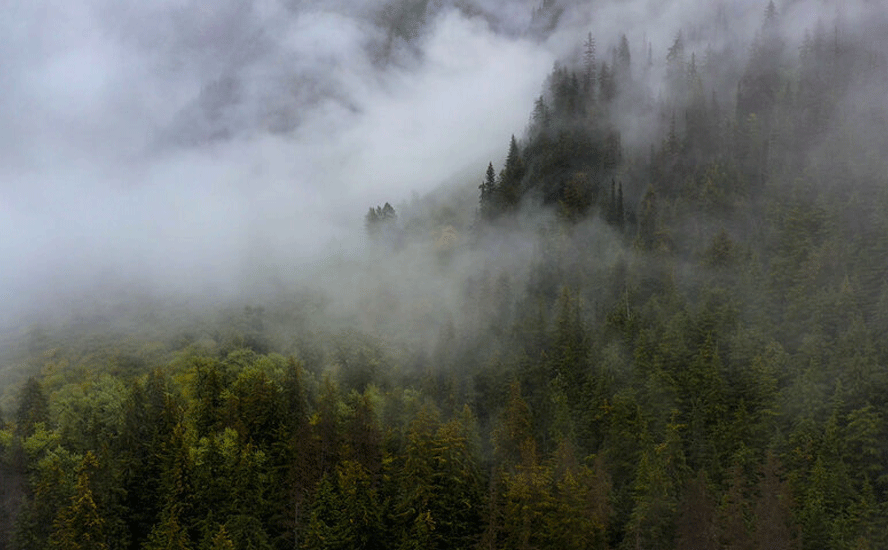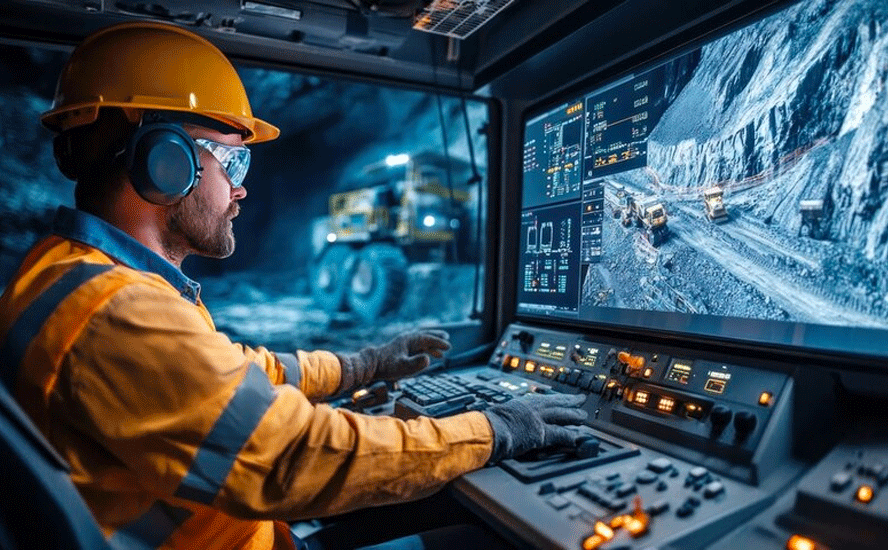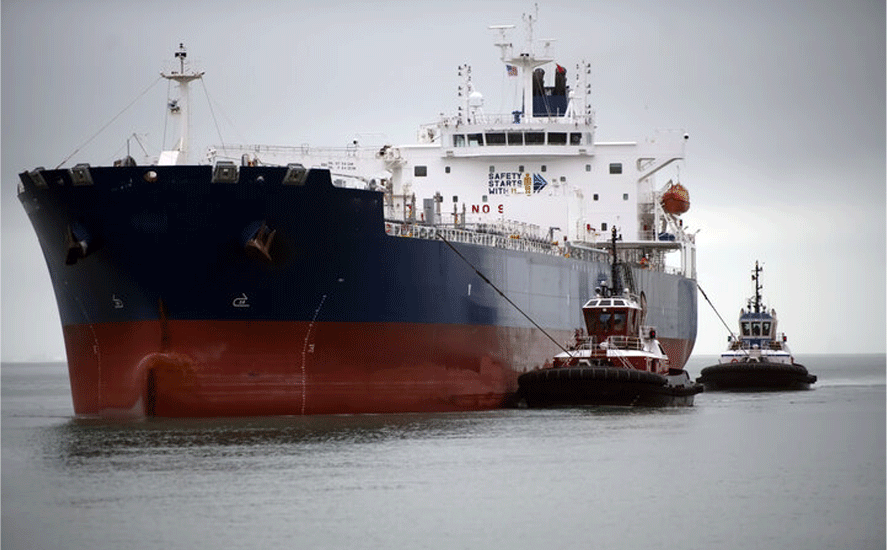Stripped of its ESG credentials, Tesla continues to pursue dirty nickel in Indonesia
2022.05.20
As shareholders demand that companies place more emphasis on environmental, social and governance (ESG), the mining industry has had to overcome an often-checkered past regarding these issues.
For many years the industry managed to sidestep ESG, but the period of evading responsibility has come to an end and mining firms are increasingly being called upon to explain how they plan to incorporate ESG into their operations and strategies.
According to a recent study by Ernst & Young, losing social license to operate is now seen as the main risk mining firms are facing.
With mining becoming increasingly enmeshed with ESG, it should come as no surprise to see the auto industry, whose supply chain is closely linked to minerals extraction, also coming under scrutiny.
This week it was reported that Tesla, the largest electric vehicle manufacturer in 2021 with just under a million units sold, was removed from the S&P 500 ESG 500 Index, due to claims of racial discrimination and crashes linked to its automated vehicles. The accusations and removal from the widely followed database caused Tesla’s hot-headed CEO, Elon Musk, to tweet, “ESG is a scam. It has been weaponized by phony social justice warriors”.

Others are equally perplexed as to how Tesla, whose mission is to “accelerate the world’s transition to sustainable energy” could fail to make the cut. The decision to exclude it has raised new questions about what ESG actually means, including one by Bloomberg, who asked, If Tesla isn’t good enough for an ESG index, then who is?
The answer may lie in how ESG is defined. The S&P methodology narrowly focuses on corporate performance, leading one ESG expert to defend Tesla’s transgressions surrounding racial discrimination and poor working condition at its Fremont, California factory as fair game. Others say that Tesla’s problems should be viewed in context. However bad Tesla’s shortcomings are, they pale in comparison to fossil fuel companies, for example. MSCI, the leading provider of ESG ratings, uses similar methodology to S&P in its ESG index, but excludes companies with links to tobacco, weapons, firearms, oil sands and thermal coal.
Musk was especially irked because S&P rated Exxon Mobil among the top 10 best in the world for ESG, while Tesla, often seen as a company at the forefront of environmental change, didn’t even make the list.
(A recent PBS Frontline documentary describes, in three parts, how the oil major knew about human-caused climate change for decades, but sowed doubts about the science behind it to prevent policies from being passed that would hurt the company’s bottom line.)
Factors that led to Tesla’s departure from the index include the company’s failure to publish details of its low-carbon strategy or business conduct codes, Reuters reports. In February a California state agency sued the automaker over allegations by black workers that it tolerated racial discrimination at an assembly plant.
A little digging into Tesla by yours truly, found that if Musk’s signature company wasn’t kicked out of the ESG club for the above-mentioned reasons, it would be for its failure to source clean nickel.
Sulfide vs laterite nickel
Nickel deposits come in two forms: sulfide or laterite. About 60% of the world’s known nickel resources are laterites, which tend to be in the southern hemisphere. The remaining 40% are sulfide deposits.
The main benefit of sulfide ores is that they can be concentrated using the fairly simple flotation technique.
There is no such technique for nickel laterites. The rock must be completely molten or dissolved to enable nickel extraction. As a result, laterite projects require large economies of scale at higher capital costs to be viable. They are also generally much higher cash-cost producers than sulfide operations.
However, existing sulfide mines are becoming depleted, and nickel miners are having to go to the lower-quality, but more expensive to process, as well as more polluting, nickel laterites such as found in the Philippines, Indonesia and New Caledonia.

Courting miners
Tesla has expressed concern over whether there will be enough high-purity “Class 1” nickel needed for electric vehicle batteries. Battery makers like nickel because it stuffs more energy into cheaper and smaller battery packs, allowing for faster charging and longer ranges.
In 2020 Musk offered nickel miners “a giant contract” to encourage production. Apparently he wasn’t too picky about where it came from.
In March of that year Tesla signed a contract with Vale-NC to supply intermediate mixed nickel and refined cobalt produced in New Caledonia. Vale is the world’s largest nickel producer, with mines in Brazil, Canada and Indonesia.
Under the agreement, Tesla would use Caledonian nickel-cobalt sourced from the Goro mine for its Berlin-Brandenburg Gigafactory. In 2021 New Caledonia’s Prony Resources bought the loss-making nickel and cobalt operation from Vale, then signed an offtake agreement with Tesla guaranteeing the automaker about 42,000 tonnes of the metal.
Although the end products would supposedly meet Europe’s social and environmental standards, we note that nickel mined in the South Pacific French territory is laterite. The only way for battery-grade nickel to be produced is through the highly polluting HPAL method. (HPAL stands for High Pressure Acid Leach)

Cozying up to Indonesia
In Indonesia, the world’s no. 1 nickel producer by far, nickel is also extracted from laterite ores using the HPAL technique. The advantage of HPAL is its ability to process low-grade nickel laterite ores, to recover nickel and cobalt. However, HPAL employs sulfuric acid, and it comes with the cost, environmental impact and hassle of disposing the magnesium sulfate effluent waste. The Indonesian government only recently banned the practice of dumping tailings into the ocean for new smelting operations, and it isn’t yet a permanent ban.
Chinese nickel pig iron producers in Indonesia now are looking to make nickel matte, from which to turn laterite nickel into battery-grade nickel for EVs.
This week, China’s CNGR Advanced Material Co said it will invest in three new projects in Indonesia to produce nickel matte — adding to the two nickel matte projects the company is already funding on the island of Sulawesi with Singapore-based Rigqueza International.
The process however is highly energy-intensive and polluting, more so than HPAL and about four times dirtier than traditional nickel sulfide processing.
“The technology is definitely real, but does not meet ESG standards,” Bloomberg quotes Jon Lamb, portfolio manager at metals and mining investment firm Orion Resource Partners.
One of the referenced Bloomberg articles has a great quote from mining magnate Robert Friedland, who stated:
“The automobile industry is not going to nuke hundreds of thousands of acres of tropical jungle in Indonesia and dump the tailings in the ocean and try to convert ferronickel into batteries. That’s disinformation or whistling in the dark.”
Still, projects worth billions are in the works to produce battery-grade nickel chemicals, that Indonesia hopes will attract EV manufacturers to the country. Southeast Asia’s biggest economy has struck multi-billion dollar deals with South Korean and Chinese companies. At least four high-pressure acid leach (HPAL) plants are currently under construction, led by Chinese nickel giant/ stainless steel maker Tsingshan Group.
Not to be out-maneuvered by the Chinese, Tesla is getting in on Indonesian nickel, dirty environmental processes be damned.
In 2020 Indonesia imposed a ban on the export of raw nickel ores. Therefore, if Tesla wanted to secure its nickel, it would have to invest in processing within the country.
Although Tesla began talking to the Indonesian government in 2020 about building a new venture, nothing came of the discussions. Lately, however, there appears to be a new round of deal-making.
Earlier this month, company representatives flew to Indonesia to visit Morowali, the nickel production center on Sulawesi Island. This was followed by a visit from Indonesian President Joko “Jokowi” Widodo to Tesla’s Gigafactory in Texas, to meet with Elon Musk.
When Musk was asked whether his company has plans for a battery plant in Indonesia, the CEO offered no comment. But we can read lips.
We know that major battery makers LG Energy and CATL have both signed multi-billion dollar deals to manufacture batteries in Indonesia. Both also happen to be suppliers to Tesla. Now it appears that the automaker getting involved directly with Indonesia is back on the table. Building a battery plant would make sense. It gives the company a foot-hold in the world’s largest nickel producing country, it potentially cuts out the middle men (LG Energy and CATL), and it gets around the export ban by beneficiating the ore locally.
Conclusion
After putting out the word that mining companies need to extract more nickel, Elon Musk went out and made a deal for laterite nickel in New Caledonia. Processing this type of nickel creates about four times as much pollution as traditional nickel processing, from sulfide nickel deposits such as those found in Canada and the United States.
Two years later, Musk is at it again, banging on Indonesia’s door hoping to build a processing plant using, you guessed it, laterite nickel.
We recognise that, as the world’s biggest electric vehicle maker, Tesla obviously needs one hell of a lot of nickel for its battery packs. Probably not all of it is going to be clean & green.
Yet here is Musk, tweeting his outrage when Tesla gets kicked out of the S&P 500 ESG Index.
A company that has shown itself more than willing to make deals with the devil in Indonesia and New Caledonia, shouldn’t be masquerading as an angel when it comes to its environmental practices.
Richard (Rick) Mills
aheadoftheherd.com
subscribe to my free newsletter
Legal Notice / Disclaimer
Ahead of the Herd newsletter, aheadoftheherd.com, hereafter known as AOTH.
Please read the entire Disclaimer carefully before you use this website or read the newsletter. If you do not agree to all the AOTH/Richard Mills Disclaimer, do not access/read this website/newsletter/article, or any of its pages. By reading/using this AOTH/Richard Mills website/newsletter/article, and whether you actually read this Disclaimer, you are deemed to have accepted it.
Any AOTH/Richard Mills document is not, and should not be, construed as an offer to sell or the solicitation of an offer to purchase or subscribe for any investment.
AOTH/Richard Mills has based this document on information obtained from sources he believes to be reliable, but which has not been independently verified.
AOTH/Richard Mills makes no guarantee, representation or warranty and accepts no responsibility or liability as to its accuracy or completeness.
Expressions of opinion are those of AOTH/Richard Mills only and are subject to change without notice.
AOTH/Richard Mills assumes no warranty, liability or guarantee for the current relevance, correctness or completeness of any information provided within this Report and will not be held liable for the consequence of reliance upon any opinion or statement contained herein or any omission.
Furthermore, AOTH/Richard Mills assumes no liability for any direct or indirect loss or damage for lost profit, which you may incur as a result of the use and existence of the information provided within this AOTH/Richard Mills Report.
You agree that by reading AOTH/Richard Mills articles, you are acting at your OWN RISK. In no event should AOTH/Richard Mills liable for any direct or indirect trading losses caused by any information contained in AOTH/Richard Mills articles. Information in AOTH/Richard Mills articles is not an offer to sell or a solicitation of an offer to buy any security. AOTH/Richard Mills is not suggesting the transacting of any financial instruments.
Our publications are not a recommendation to buy or sell a security – no information posted on this site is to be considered investment advice or a recommendation to do anything involving finance or money aside from performing your own due diligence and consulting with your personal registered broker/financial advisor.
AOTH/Richard Mills recommends that before investing in any securities, you consult with a professional financial planner or advisor, and that you should conduct a complete and independent investigation before investing in any security after prudent consideration of all pertinent risks. Ahead of the Herd is not a registered broker, dealer, analyst, or advisor. We hold no investment licenses and may not sell, offer to sell, or offer to buy any security.
Legal Notice / Disclaimer
Ahead of the Herd newsletter, aheadoftheherd.com, hereafter known as AOTH.Please read the entire Disclaimer carefully before you use this website or read the newsletter. If you do not agree to all the AOTH/Richard Mills Disclaimer, do not access/read this website/newsletter/article, or any of its pages. By reading/using this AOTH/Richard Mills website/newsletter/article, and whether you actually read this Disclaimer, you are deemed to have accepted it.

